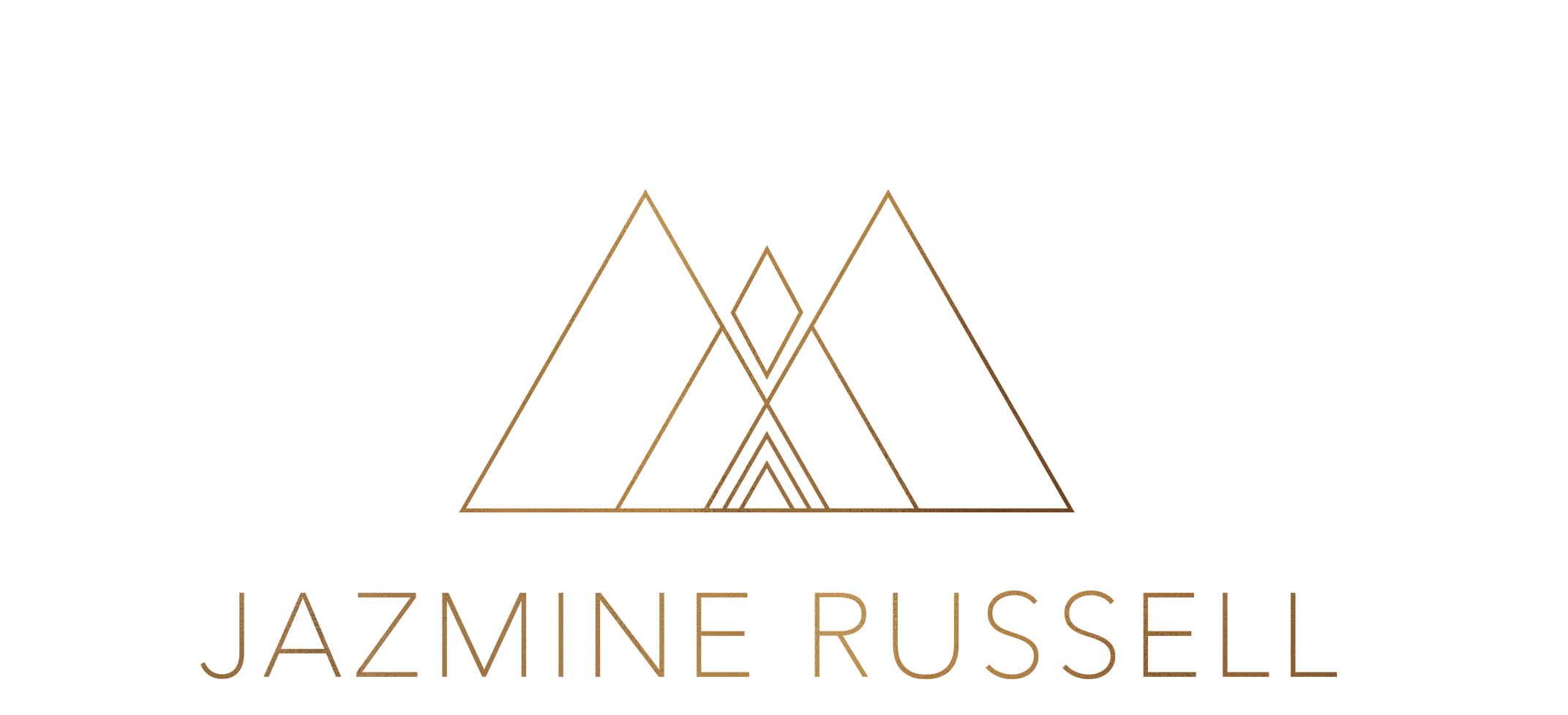Truth as Storytelling - Reality as Exploration
Tahir Shah is the author of fifteen books, many of which chronicle a wide range of outlandish journeys through Africa, Asia and the Americas. For him, there’s nothing so important as deciphering the hidden underbelly of the lands through which he travels. Shunning well-trodden tourist paths, he avoids celebrated landmarks, preferring instead to position himself on a busy street corner or in a dusty café and observe life go by. Insisting that we can all be explorers, he says there’s wonderment to be found wherever we are – it’s just a matter of seeing the world with fresh eyes. Tahir lives at Dar Khalifa, a sprawling mansion set squarely in the middle of a Casablanca shantytown. He’s married to the graphic designer, Rachana Shah, and has two children, Ariane and Timur. His father was the Sufi writer, Idries Shah.
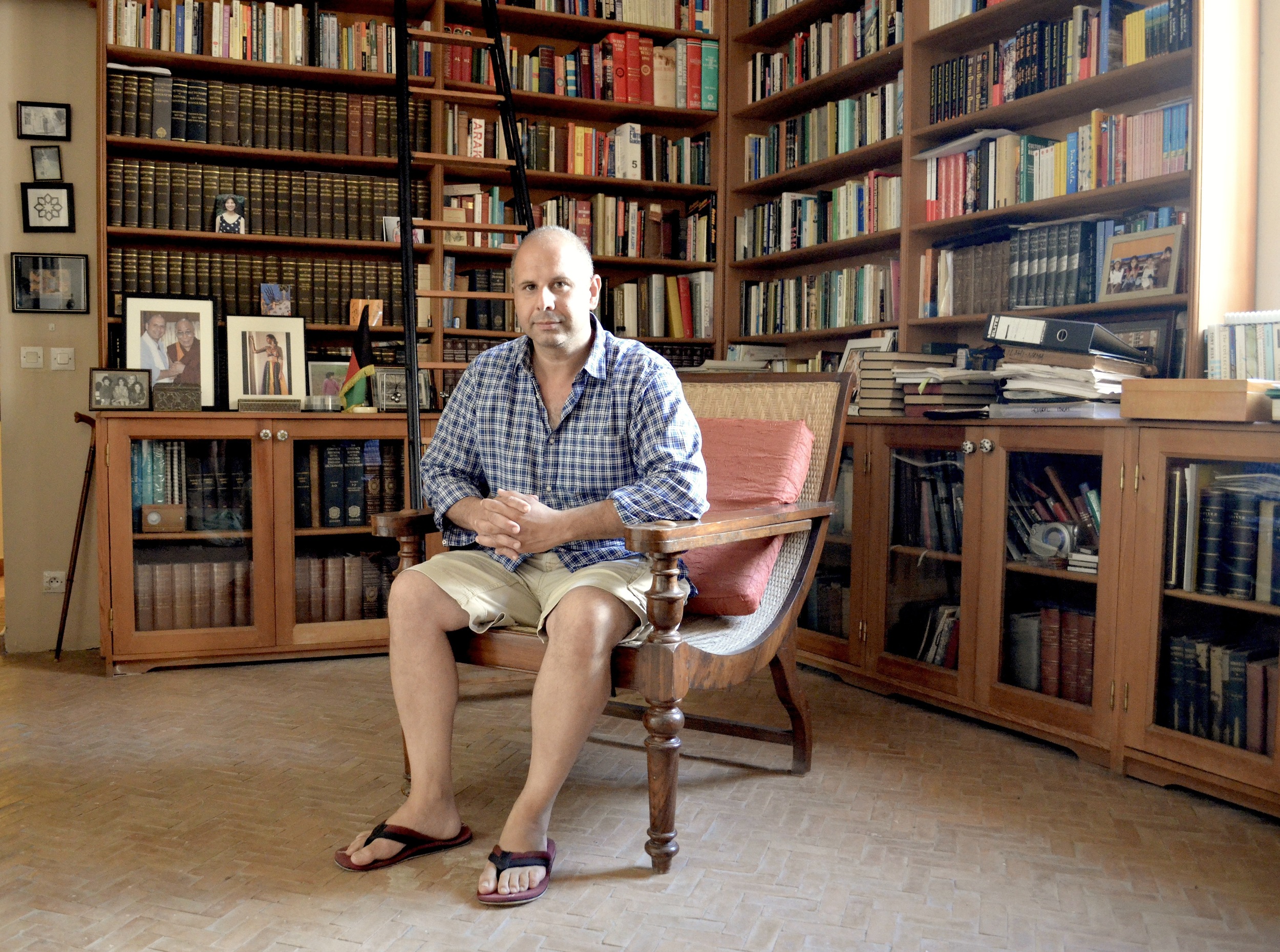
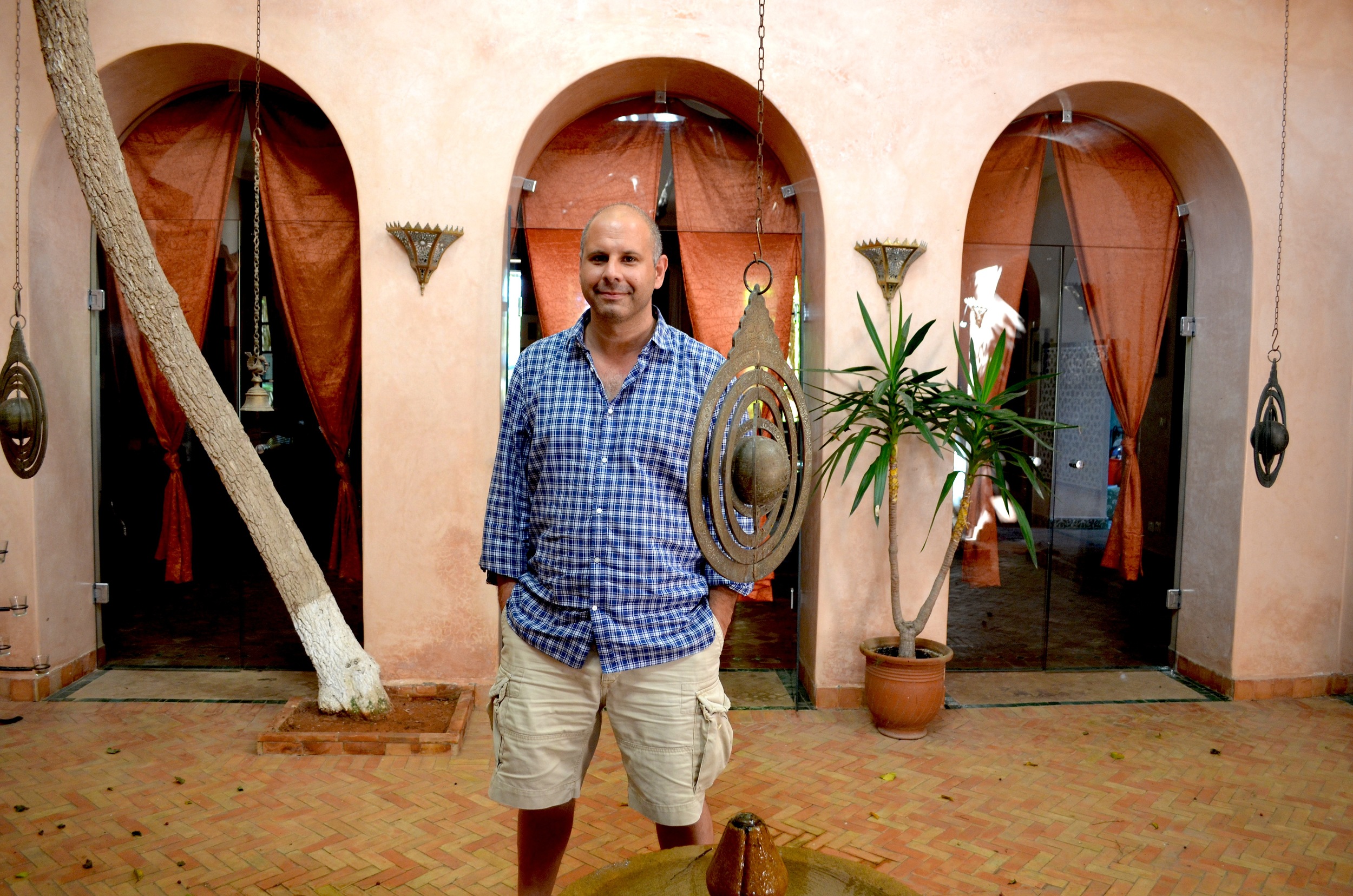
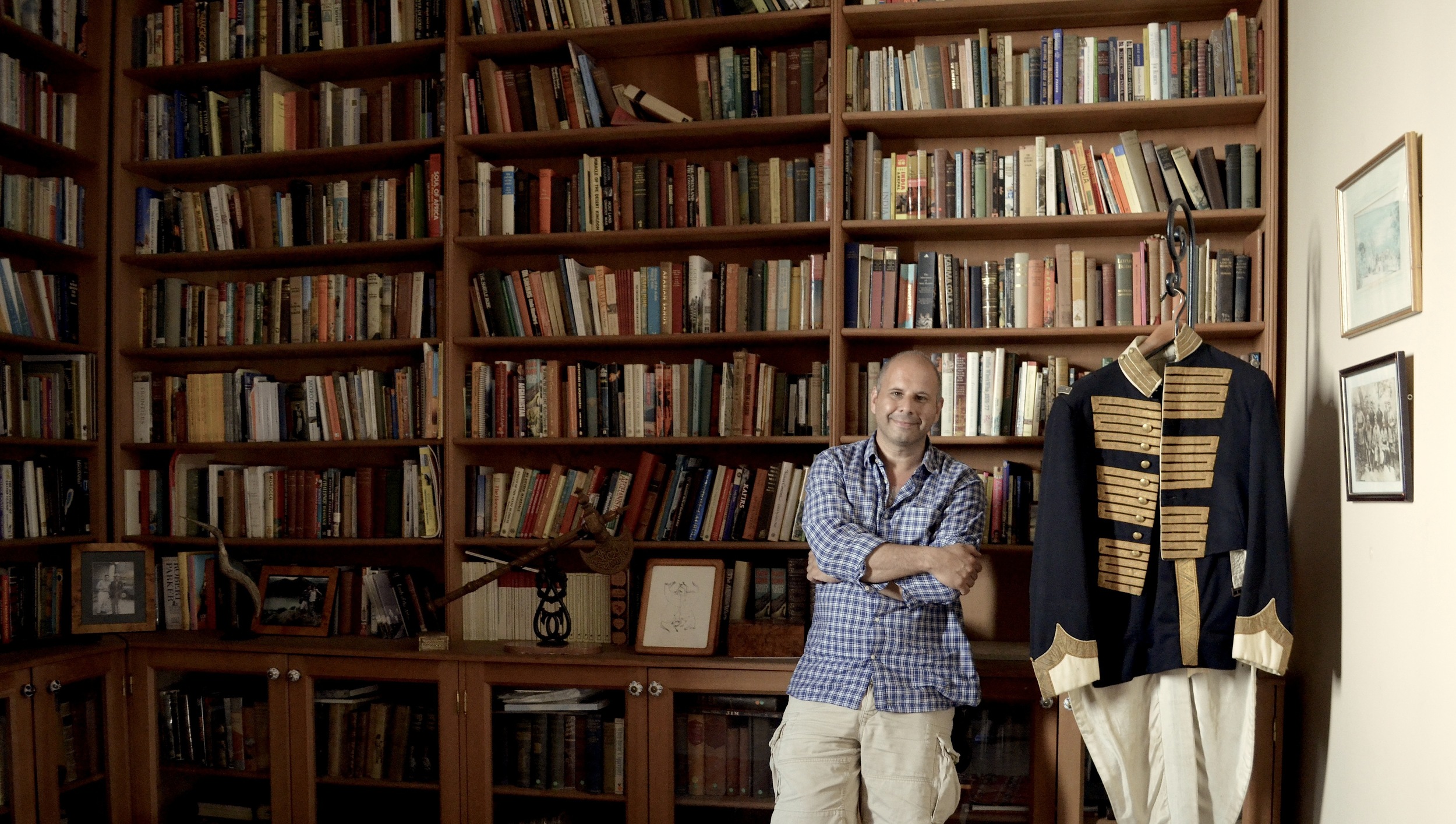
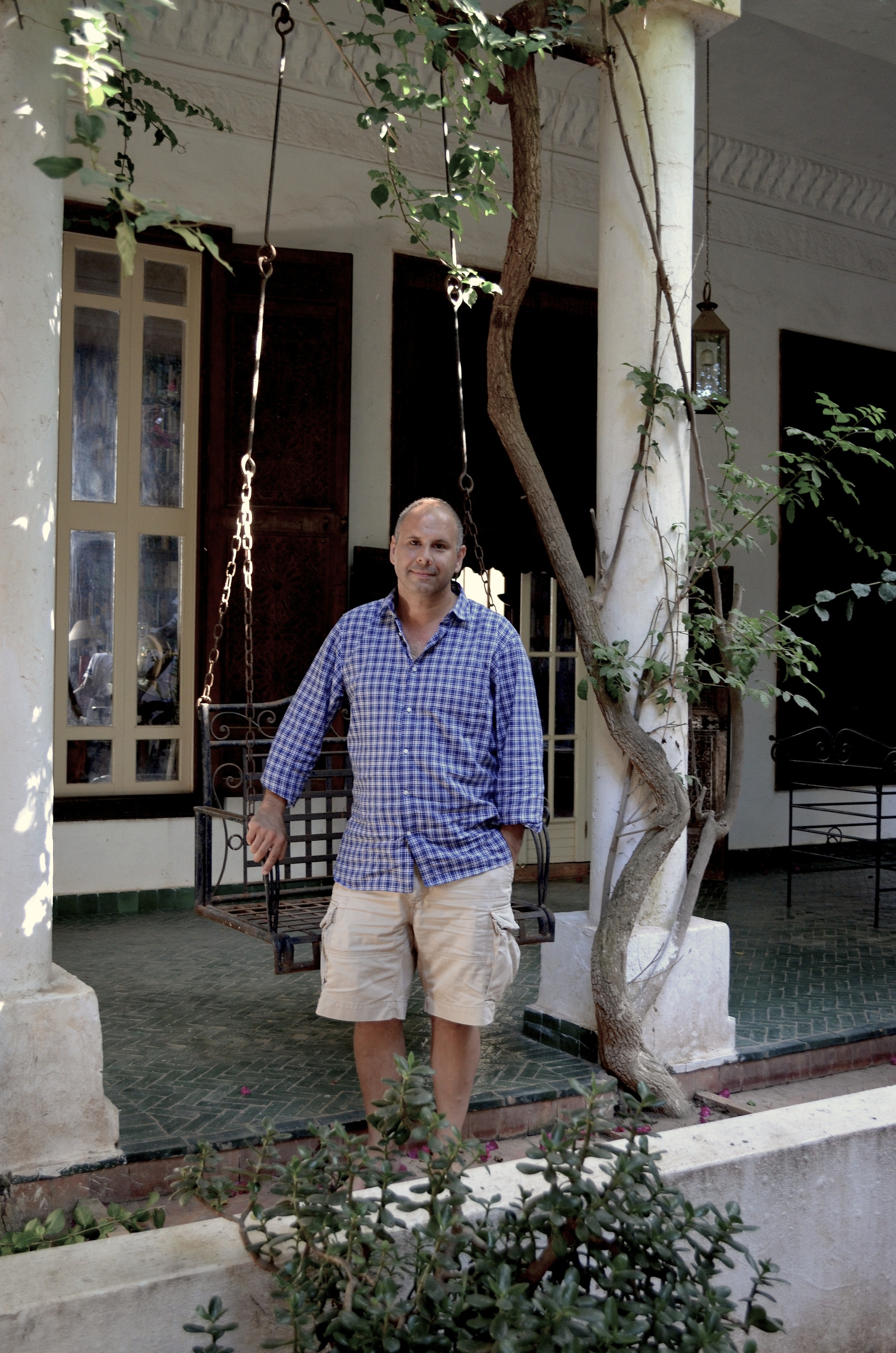
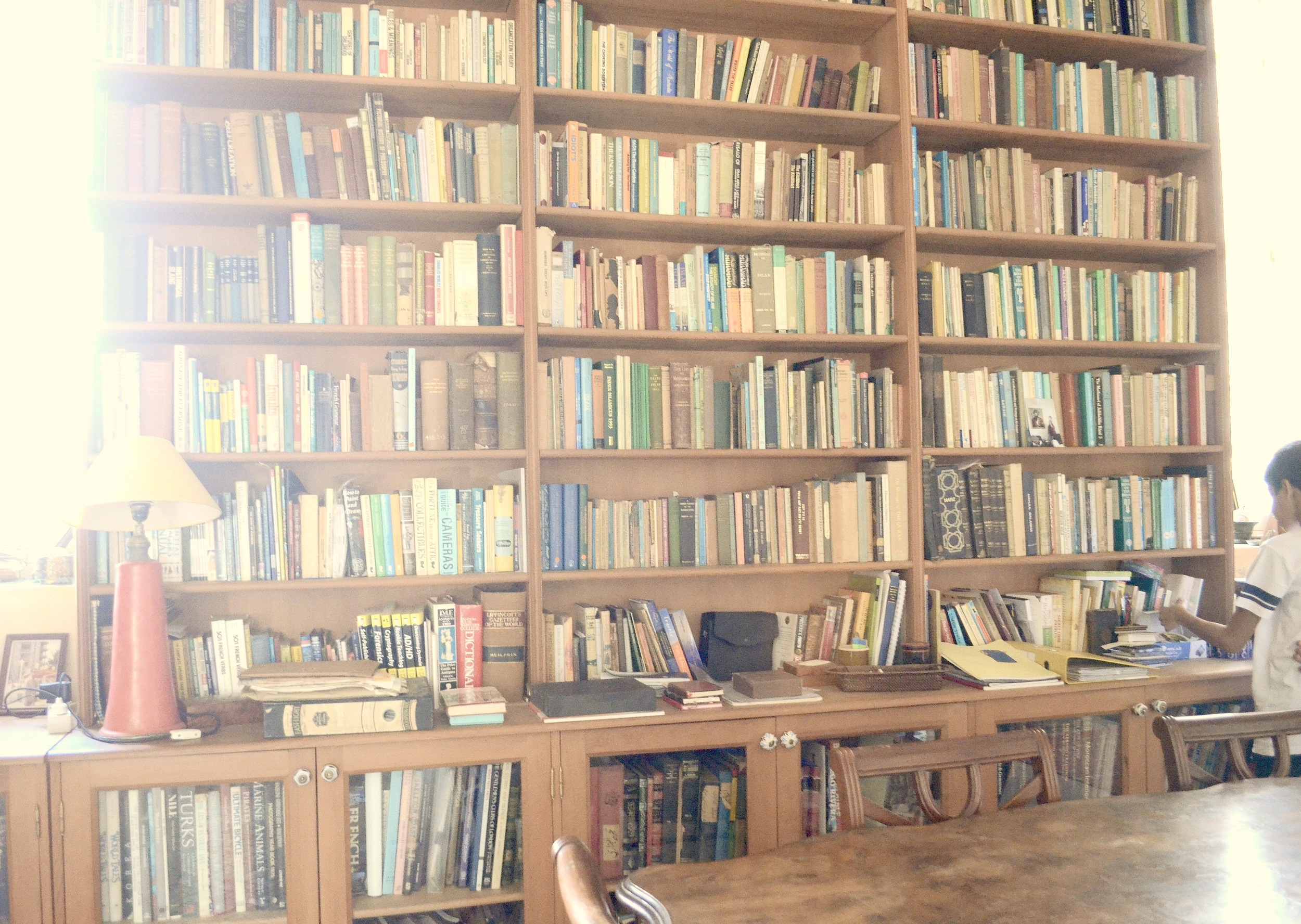
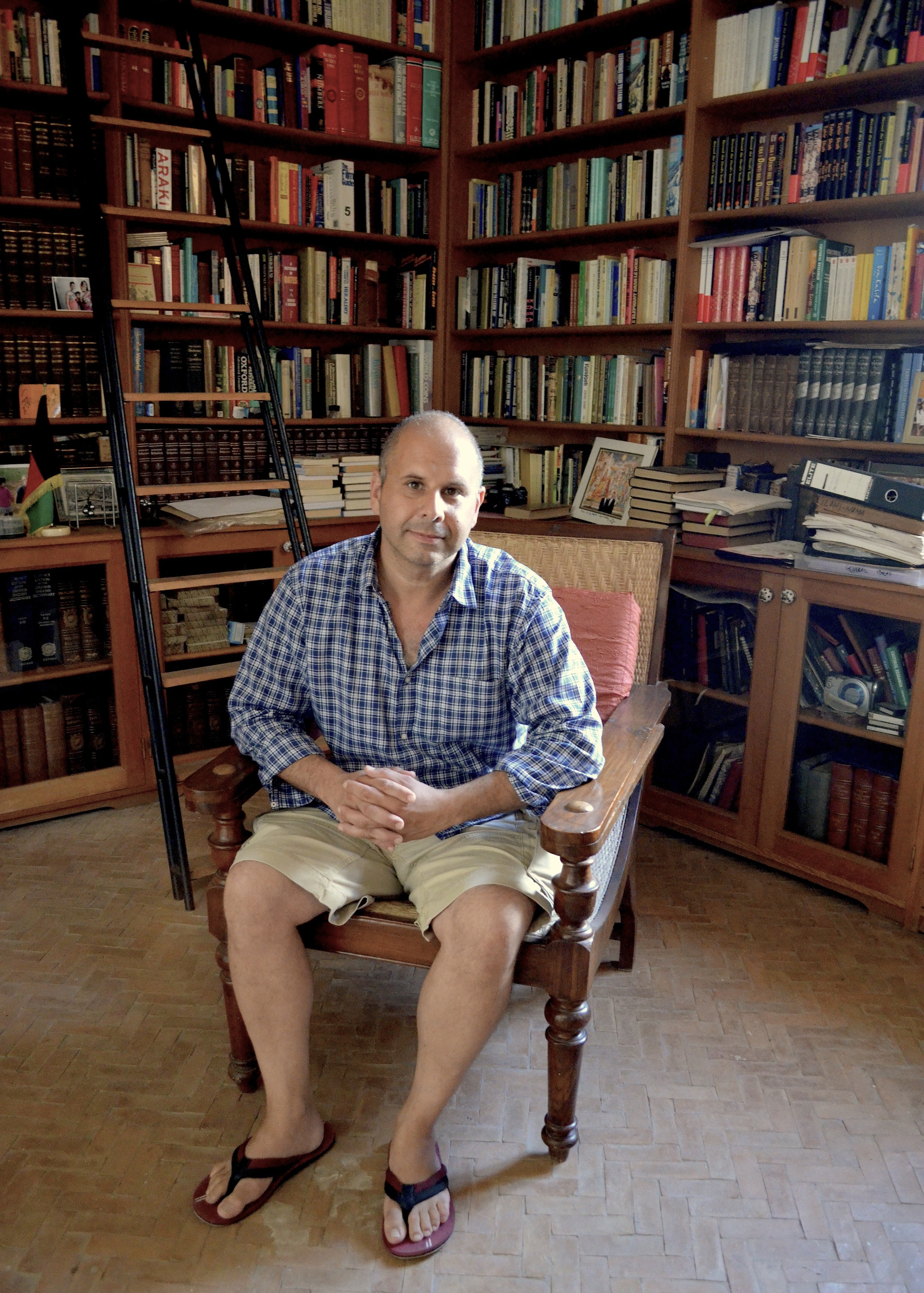
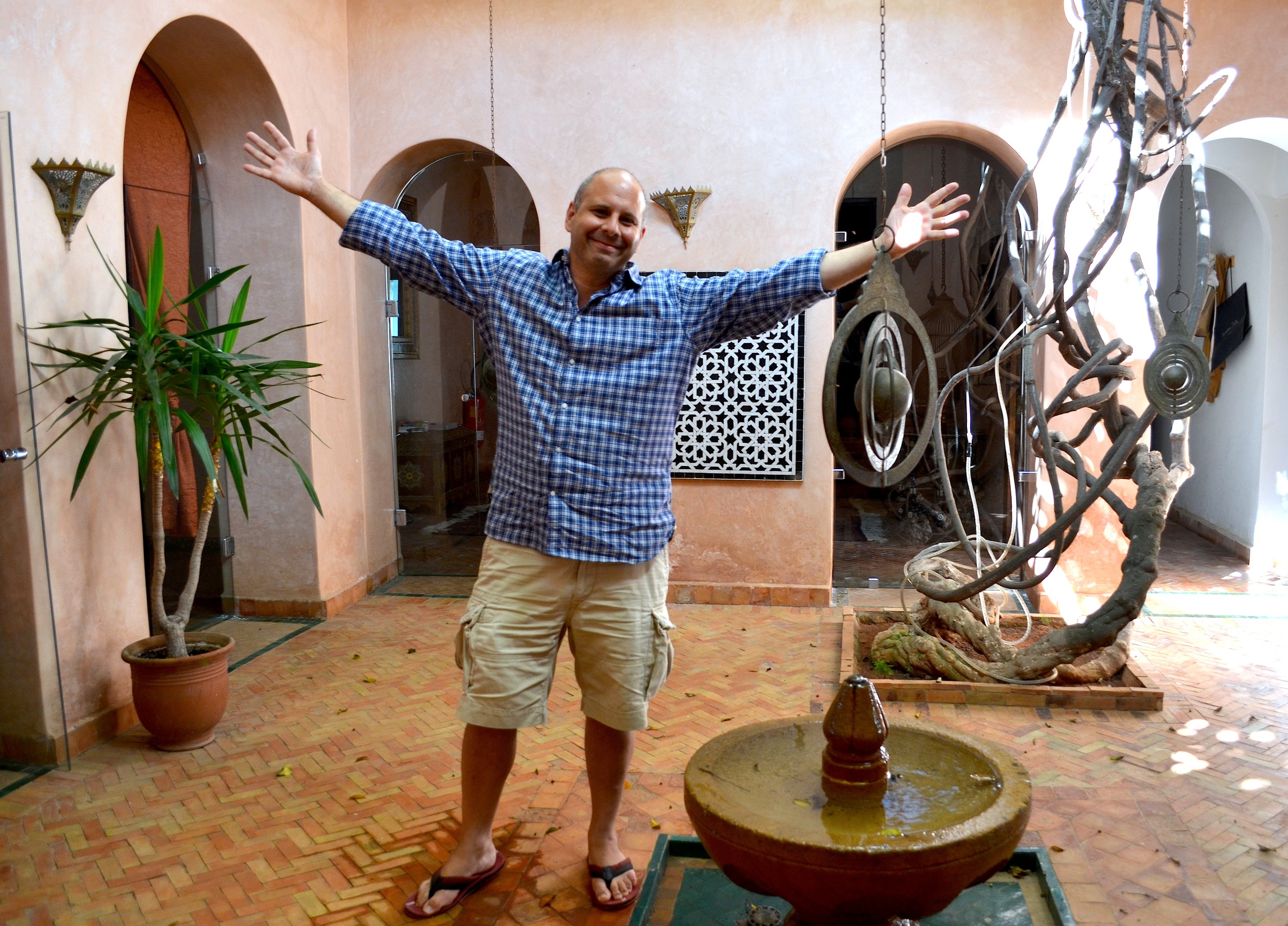
Excerpts From the Interview:
Jazmine: Tell me something that you believe to be true about the fundamental nature of reality.
Tahir: Gosh I’m not sure if I’m the right person to answer questions like that but I can have a go.
Jazmine: Well you are because it’s your perspective.
Tahir: Let me answer it this way. When I was a child I was brought up to believe that stories were the most important thing in the world and that they were a kind of magical life blood that passes on ideas and information and values and kind of an ancient primitive primeaval knowhow about the world. I was taught that stories were a tool just as they were an entertainment. And by appreciating them we can be educated in a way that our ancestors would’ve known and loved, you know? And not in this silly ridiculous way that we educate ourselves now. So I was allowed to access this ancient reality that cavemen would’ve known, or people sitting around a fire in the desert a thousand years ago would’ve known, which is a reality in which fact and fantasy are blurred together in a realm all of their own. And this is something that is so incredibly important to me. I regard it as the default setting of humanity, you know? It’s what humans have groomed themselves to understand and it’s a system as old as time. So I get quite worked up and even angry sometimes when I see children especially, and adults as well, being taught a fake reality. Whether it be just a scientific reality or just a religious reality or just a black and white reality. To me, there is no black and white, there’s only, you know, color. And appreciating it opens a doorway to a completely magical realm.
…
"The other thing stories give is an inner piece of wisdom. And my father used to say something that I liked very much. He said that a story, a good story, is like a delicious piece of fruit, like a peach, he said. He said that if the peach was just the stone in the middle, we wouldn’t buy it, we wouldn’t crave it, we wouldn’t search for it on a tree. But because there’s this delicious flesh, this fruit, kind of, meat of the peach, we love the taste, the texture, everything about it. We search the thing out, just like the entertainment value of a story. Stories are passed on because of their deliciousness, and just like a piece of fruit, attracts our attention. And without realizing it, we are passing on, within the story, this secret knowledge, and it activates itself inside us"
…
Jazmine: Is there anything through your stories that you feel like you are searching for? Some kind of truth that you strive for?
Tahir: That’s an interesting question. I’m always searching for a kind of truth. I’m always searching for levels of humanity and levels of life within culture. I think my favorite favorite favorite thing in storytelling is when one story leads into another which leads into another which leads into another. Kind of like descending down through layers, and this is something which is done magnificently in “One Thousand and One Nights”, you know the Arabian Nights. And it’s a device that I think has some kind of magical psychological effect to take someone down into numerous interwoven layers, I think in Arabian Nights you go down ten or fifteen stories. And it’s a way of almost reaching parts of the brain that aren’t reached by conventional life. But always remember something: in the eastern world, the orient, people have always known that stories work in this amazing psychological way. There’s a lot of papers by people like Yaʻqūb al-Kindī and others from the 8th , 9th century on how stories work. There’s a lot of written treaties on the mechanism of storytelling and how it works. In a way, though, that doesn’t matter at all. We don’t need to know how something works. I don’t need to know how a car works to drive it. I just need to appreciate it so I can get in my car and drive down the street. So I think often in the west we get too caught up trying to understand how things work and not trying to value what they are.
Jazmine: So your writing is more a process of valuing for you?
Tahir: I mean, valuing…valuing everything. I mean, what I want to do is to show anyone who is listening - and if they are not listening, no problem, they’re probably doing something equally valuable. But what I want them to see is that you can look at anything in a new way. You don’t need to travel to the end of the earth to find extraordinary things. You don’t need to zig-zag your way through the Amazon jungle. You don’t need to cross a desert to be an explorer. You can sit in a chair at home and close your eyes for a moment and look at your own bedroom or sitting room in a whole new way. Through the filter of a kind of fantasy, for example. And this is something that I’m so passionate about because I think, in the west, people have become very limited and blinkered in the way they think. They’ve become too specialized as well and they don’t open themselves up. But I want to remind anyone or, you know, everyone, that the biggest sellers in Hollywood are not factual movies, but they are Harry Potter and Percy Jackson, and you know, Transformers and all these fantasy-based movies. Lord of the Rings, the Hobbit. We, as humans, crave fantasy. We don’t know why but we know it stimulates part of our brains in a way that nothing else does. And, you know, as a writer, if you want to sell a billion copies of something, it’s the obvious thing to be writing because humans cannot resist fantasy.
…
Jazmine: You mentioned that people don’t even have to go outside of their own room in order to explore. But I know that you’ve done a lot of exploring in your life, and traveling. And a lot of times that’s filled with going to other countries and making decisions in which there’s a lot of ambiguity. Such as your own decision to just up and move to Morocco. So it seems like ambiguity and new things and adventures don’t really scare you.
Tahir: I believe so strongly in getting out of your comfort zone, even though this is my comfort zone and all I want to do is be here, you know? I believe that you have to do stuff…it’s almost like a piece of grit in an oyster to make a pearl. The oyster would be so much happier f that piece of grit never got into it. But then it wouldn’t create this thing the rest of us value. I believe so strongly that travel is the only ways to educate yourself. It is such an advanced mechanism for education but most people don’t’ realize that. And if I had my way, there would be no schools but people would be forced to go on a journey, you know? And that would be their education. I’m so passionate that the levels of life and the layers of life that you access through travel, whether it’s an expedition or even just going down the road to the store, you know, that is the best way to have an adventure and to reach a kind of new reality. But at the same time I’m a believer that most people plan journeys too much. Most people, you know, they go on vacation and they know where they’re going to be staying in every city and eating at every meal. To me what’s important is to do zig-zag, to be knocked around like a ball in a pinball machine. Do that. Open yourself to possibility and relax. If you relax, you learn to observe, you know? And then you have real adventure.
…
" I think, what the western world has taught a lot of people is to be afraid and to plan and it gives people almost a crutch. Whether it’s television or the internet or whatever, people are trying to get information through all the wrong sources."
…
Jazmine: How do you think that your own culture, and growing up where you did, and traveling to all the places you’ve been – how do you think that those experiences have shaped your beliefs on all of this?
Tahir: You know, we were encouraged to travel as kids. And when I was a teenager, I was given tickets, whether they were long-distance train tickets or airplane tickets, to go away. I studied African Dictatorships in Africa for my degree because I loved African dictatorships because I just thought they were bizarre as hell. I was encouraged to travel but we were encouraged to embrace a crossroads of humanity. We were encouraged to search out people and places that were a crossroads. And that’s why I think we were brought to Morocco. Because , you know they say it’s a tree with it’s branches rising up towards Europe but its roots deep in the African soil, and to the east there’s the Arab world and beyond it is Asia, and to the west there’s the United States and the new world. And we were really encouraged to embrace it and never to be fearful of new things and new places and most importantly to surround ourselves with a full spectrum of life and people. That’s why it’s great, I mean I just zig-zagged through Europe by train with Ariane and Timur, and sometimes we ate in great restaurants and stayed in great hotels, but most of the time we just ate out of supermarkets, you know? And stayed in simple places. But what I liked is we did all kinds of things and met all kinds of people. And I feel so sad when I meet people who, wherever they are in the world, are stuck in one life. I think the greatest thing for us all is to live a thousand lives at once.
…
Jazmine: How do you experience the world? Through what means, through what methods?
Tahir: I experience the world through my love of, like I said, this hybrid of fact and fantasy. And I love to experience the world, as well, through detail. So I’m rarely looking at the big picture, I’m usually looking at, you know, on the chair I’m sitting on, the iron spiral at one end, I’m not looking at the whole thing. I think children appreciate the world through detail and I think, probably the default setting of us all is exactly that – not to look at the grand huge picture, but just to look at what we’re holding in our hands. That, to me, is the way to see the world. Don’t look to far ahead, just appreciate what you have right here in front of you.
Jazmine: That’s good advice, thank you.
Tahir: You’re welcome.
…
LISTEN TO THE FULL LENGTH INTERVIEW BELOW:
